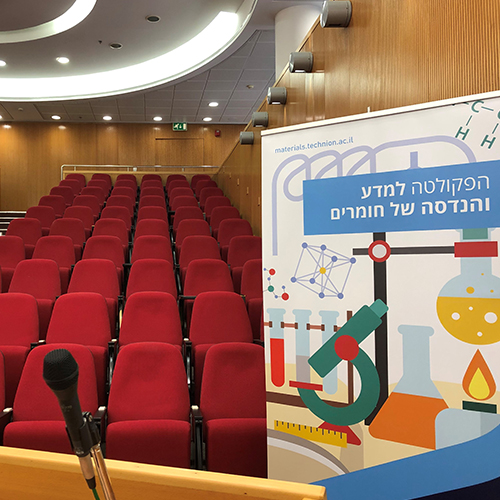
Junyan Chen, M.Sc. Candidate
21/12/2023
ZOOM
14:30 (Jerusalem time) (20:30 Beijing time)
Designing high-voltage, high-energy density, activated carbon-based supercapacitors has long been a goal to meet the needs of energy storage devices. Despite their high power density, fast charging/discharging rate, and cycle life, activated carbon (AC) electrodes are limited to a lower operating voltage due to instability above a certain potential window, thereby constraining their energy capacity. To overcome this, numerous studies have already demonstrated the feasibility of using Atomic Layer Deposition (ALD) to enhance the electrochemical performance of AC, with some preliminary applications. However, how to further utilize ALD and the mechanisms of its enhancement remain unclear. In this work, we investigated the effects of several oxide coating ALD strategies and compared both symmetric and asymmetric ALD applications, leading to improved strategies for ALD use. Based on this, a comparative study of asymmetric ALD results also deepened our understanding of the mechanism by which ALD inhibits self-discharge in supercapacitors. Further, we extended our findings to aqueous supercapacitors, combining in-situ TEM technology to successfully investigate and observe the mechanism by which ALD extends the lifespan of activated carbon electrodes.
BIO
A master student studying in GTIIT, major in material science and engineering. Guided by my professor, I am conducting research in the realms of electrochemistry and energy storage technologies, specializing in the application-oriented study of electrode modification.


